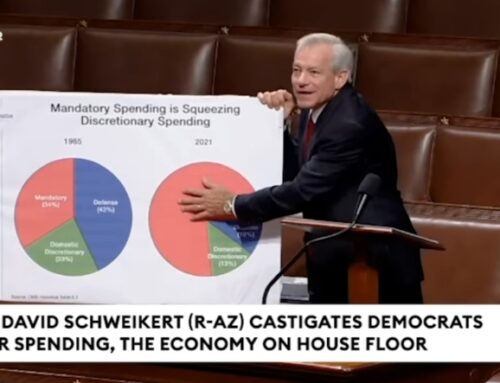Stanton Samenow has worked with and written about criminals for decades. His book Inside the Criminal Mind is a good introduction to criminal psychology. Working with criminals who want to live as law abiding citizens, he addresses the lies they have accepted as truth. Some of these lies, such as “I won’t get caught” or “I know I’ll be dead before I’m 30,” are simple and fairly easily exposed for what they are. Others are a bit more involved. When a criminal sees something that he wants, in his mind it already belongs to him. The other person just happens to have it for the moment. People are not seen as fully human, at least to the extent the criminal is, so the criminal isn’t obligated to give them the same consideration he gives himself. The criminal may never articulate these false beliefs either to himself or out loud. If he did, they would sound something like the following:
- “Other people exist to serve my needs and wants. Their needs and wants are secondary to mine.”
- “The rules that apply to everybody else do not apply to me.”
Hopefully, these beliefs spoken out loud would sound as ridiculous to him as to the rest of us. Not making the connection between these beliefs and their behavior leads to a lot of prison time and early deaths.
Citizens who don’t care about borrowing from future generations without their consent (it’s called “stealing”) in order to finance their favorite entitlement programs also have some unarticulated beliefs. Those who feel Social Security ought not be reformed or sunset have some or all of the following beliefs:
- “I am incapable of adequately preparing for my own retirement.”
- “I am unwilling to adequately prepare for my own retirement.”
- “When I retire, unretired workers, many supporting families, will support me.”
- “I am not willing to live with my children or anybody else when I retire.”
- “I am not willing to have my parents or other older relatives who may be in need to live with me.”
- “The federal government can better manage six or seven percent of my paycheck to maximize the return for my retirement.”
- “The federal government can run a program that involves trillions of dollars and every citizen in the country without losing hundreds of billions of dollars every year through waste, fraud, and abuse.” (This would also apply to Medicare and Obamacare.)
- “Ponzi schemes are legitimate investments.”
- “Future generations ought to be obligated to participate in a retirement program that requires a significant portion of their paychecks even though they did not have the opportunity to have a voice in that decision.”
A few true confessions particular to Medicare and Obamacare would read as follows:
- “I want government bureaucrats to make major medical decisions for me by choosing to pay or not to pay for medical treatments.”
- “Enough doctors will accept ever decreasing compensation to treat a growing population of older people.”
- “The answer to our national health care problems is more government.”
Honesty regarding Medicaid and other poverty programs would sound similar:
- “I am not willing to sacrificially give of my resources, time, or abilities in order to help those truly in need of medical care.”
- “American doctors are so selfish that they will refuse to donate treatment to the truly needy.”
- “Churches, synagogues, …etc. ignore their scriptures which tell them to help the truly needy.”
- “Government bureaucrats are the best means of providing for the truly needy, in terms of both efficiency and in mentoring those receiving aid in transitioning to financial independence.”
- “Making husbands and fathers financially unnecessary for the support of wives and children has NOT lead to a growing number of single-parent homes headed by females AND a corresponding increase of juveniles facing difficulty in school, involvement in crime, teenage pregnancy, and a continuing cycle of poverty.”
A modicum of honesty from those who wring their hands over cutting even one percent of the budget and bewail the draconian cuts of Paul Ryan’s plan to cut the deficit (spending actually increases almost three percent every year for ten years under his plan) would sound a tad irrational.
- “Our government can borrow money forever; we’ll never have to pay it back or face terrible consequences.”
- “Burdening our children and grandchildren with crushing debt is right.”
My wife asked if I was equating people against reforming entitlement programs to criminals. I didn’t intend to, but the similarities do jump out. First, criminals and anti-reformers both believe in taking money from others without their consent. Second, they both hold beliefs which are obviously untrue. As Samenow works at helping criminals face their false beliefs, I attempt to help big government supporters confront their false beliefs. It’s a public service.






